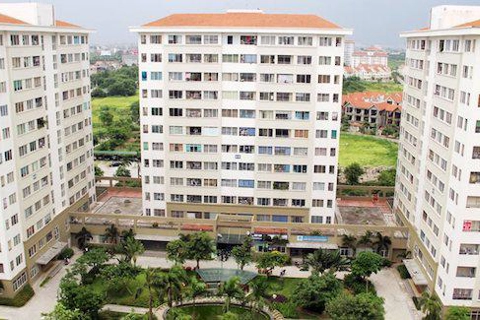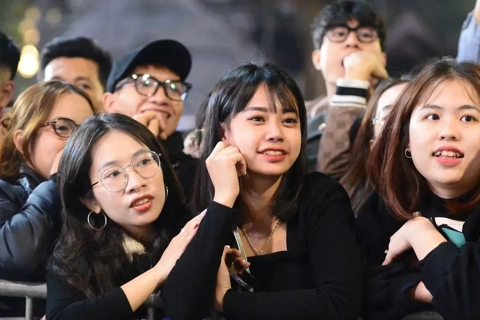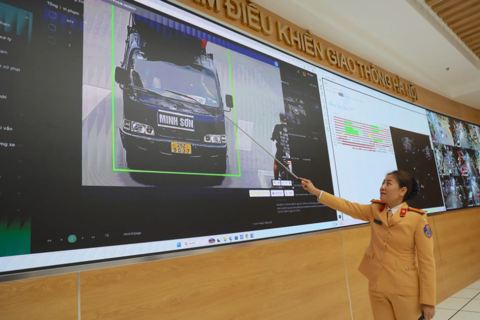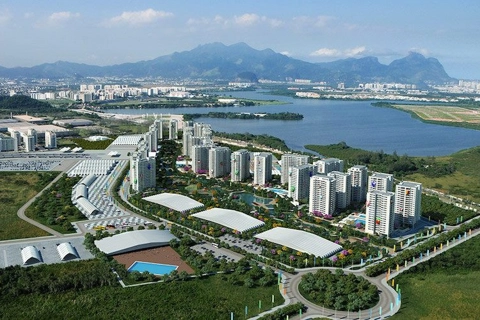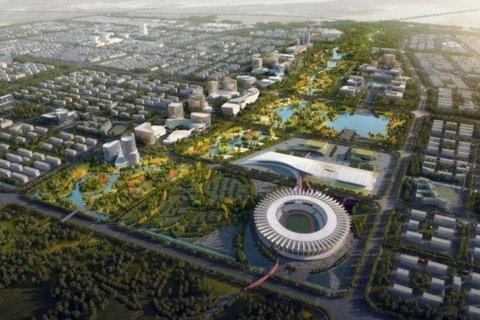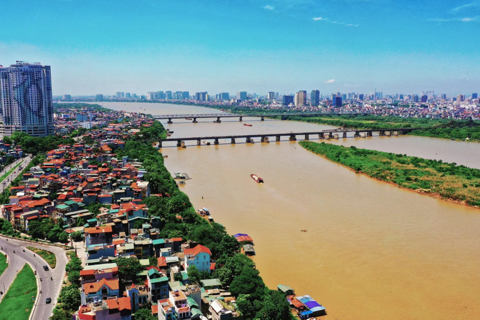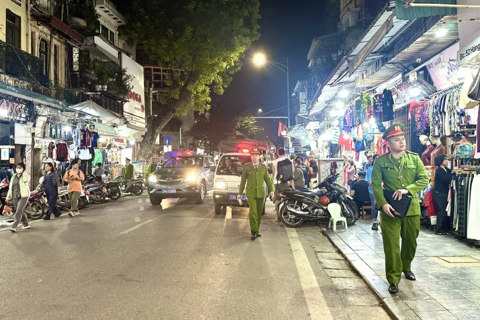Hanoi to implement Strategy for Cultural Development to 2030
The cultural industries are expected to boost the capital city's economy, marking an 8% contribution to the local GRDP by 2030.
Chairman of the municipal People’s Committee Chu Ngoc Anh has signed a document promulgating a plan to implement the “Hanoi Cultural Development Strategy to 2030”
Fostering cultural development investment
| Lang Pagoda Festival took place in March 2022. Photo: Minh Tu |
The strategy aims to improve the spiritual life of the people, especially those on welfare and underprivileged persons, focusing on cultural development in ethnic minority areas, gradually narrowing the gap in cultural enjoyment between urban and rural areas, and regions. Local people are placed at the center of all development activities.
Hanoi has also set a goal for 2025, with a vision for 2030, of the comprehensive development of Vietnamese culture and people, in line with the trends and the requirements of the Fourth Industrial Revolution.
In addition, the promotion of Hanoi's culture should be based on ensuring the harmony between conservation and development, maximizing the potential and strengths of the culture of the thousand-year-old capital, the strategy emphasized.
“Hanoi also needs to promote international integration, absorb the cultural quintessence of mankind in order to build up an image of elegant Hanoians as well as further enhance the position of the capital city in Southeast Asia,” it added.
Meanwhile, the municipal authorities will focus on turning the cultural industry into a spearhead economic sector, making Hanoi a leading cultural industrial hub of South Asia in the coming time.
Specific goals
| A corner of the pedestrian zone around Hoan Kiem Lake. Photo: Trong Nam |
In terms of performing arts, local theaters will stage and perform 18 new plays annually; meanwhile, 100 documentary films will be made and screened widely.
In term of tangible and intangible cultural heritage preservation, Hanoi urgently completes the renovation of Kinh Thien Palace (the Imperial Citadel of Thang Long), embellishes the Co Loa relic and Ngo Quyen Temple in the period from 2022 to 2025; refurbish some national monuments; as well as propose another 15 heritages to be recognized as national intangible cultural ones.
Hanoi is striving to fulfill its cultural development goals by 2030. Specifically, in the field of sports and culture, the city will build at least one Sports and Cultural Center in every district and town; 100% of industrial parks have their own cultural or sports venues.
Especially, Hanoi is trying its best to create a favorable environment and ecosystem for the innovation and development of the cultural industry. To the year 2030, Hanoi’s cultural industry strives to contribute about 8% of the City’s GRDP. In which, the expenditure for cultural development should reach at least 2% of the total annual budget.
11 tasks and solutions
| The “Colorful Hanoi” hot air balloon festival, for the first time, took place at Long Bien Longan Garden, Hanoi, from March 25 to 27. |
In order to achieve the above goals, the strategy has set out 11 tasks and solutions including raising awareness and promoting communication on cultural development; building a healthy cultural environment to create a driving force for economic and social development and international integration; protecting and promoting the national cultural heritages; perfecting the market mechanism in the field of culture; giving priority to the development of a number of cultural industries, among others.
Twenty-two years after being awarded the “City for Peace” recognition by UNESCO, Hanoi has evolved into a political, economic, and cultural hub of Vietnam. With its growing status internationally, strong development, and preservation of traditional values, the strategy set the goal for Hanoi to become a model for economic and cultural development in the Asia Pacific region in the near future.

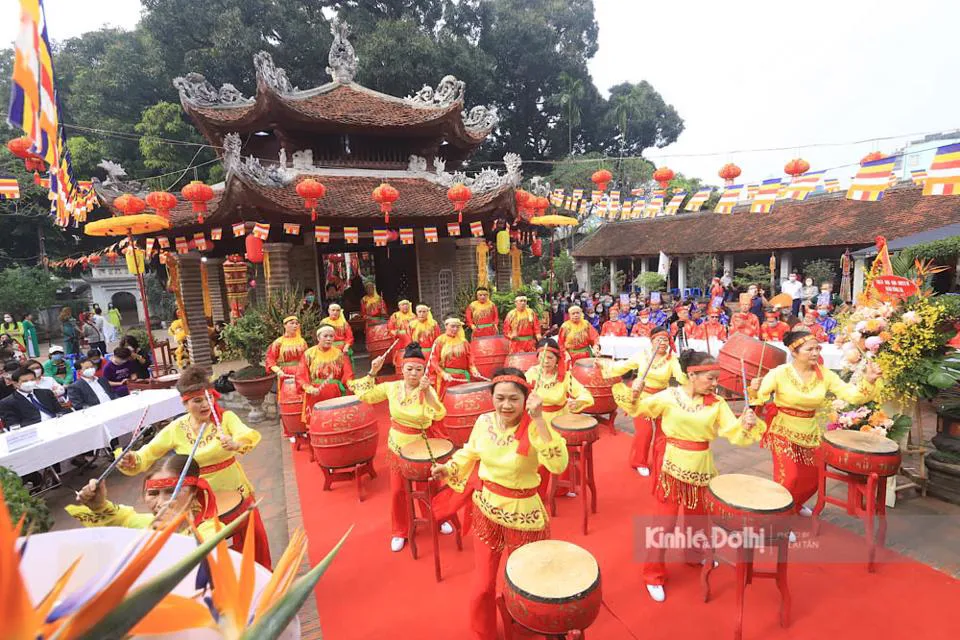
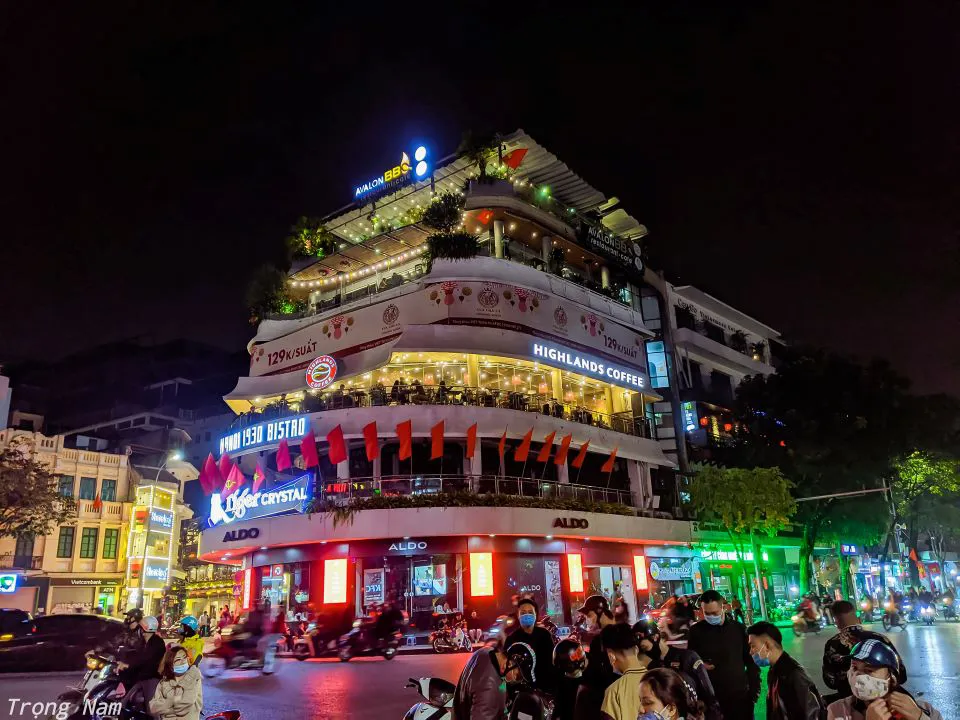
.JPG)

